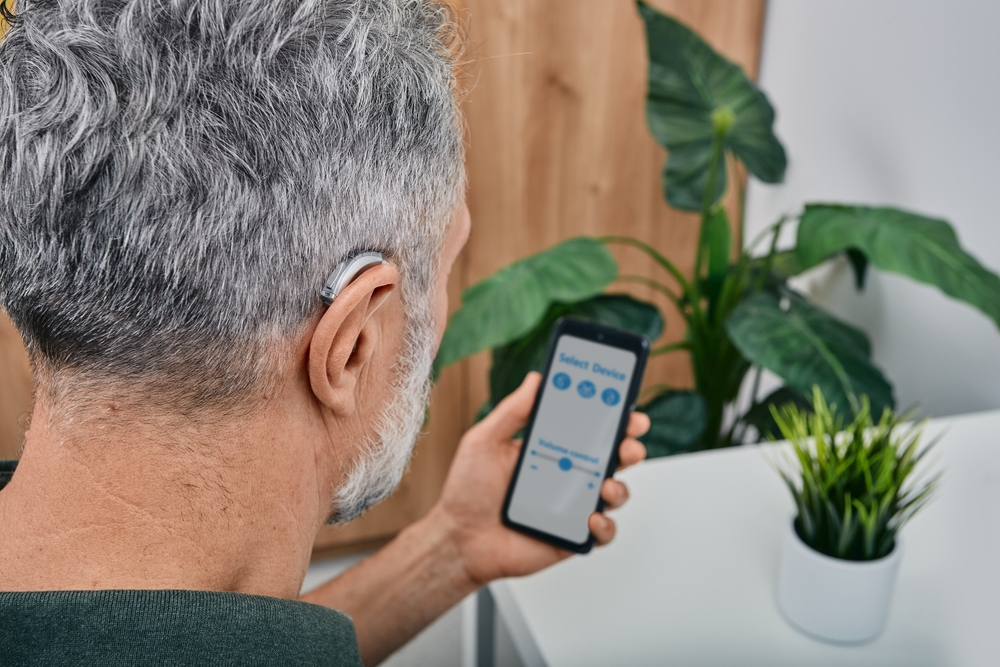Even slight hearing loss can considerably impact everyday life, affecting relationships with friends, family members, and co-workers, as well as complicating routine activities such as grocery shopping. But transformative changes can be established by the use of properly tuned hearing aids.
Ten reasons why you should think about hearing aids
While the chief benefit of hearing aids is obvious, improved hearing, their effect goes far past basic auditory enhancement. Let’s explore the comprehensive advantages that wearing hearing aids can offer.
Stronger relationships through better communication
Personal relationships depend on the ability to clearly communicate. Relationships can be tense when hearing loss causes missed communication. Hearing aids enable you to participate fully in conversations, enhancing your ability to interact with others and reducing feelings of separation or disappointment.
Being more independent
Basic tasks like purchasing groceries or dining out can become difficult with neglected hearing loss, as communication barriers may develop. Your ability to understand speech and hear in various settings will be empowered by hearing aids, allowing you to navigate these situations more independently. Having a greater sense of independence will help you do things that demand improved situational awareness like driving, for instance.
Possibility of earning more
Reliable communication is key when you’re dealing with professional situations. Untreated hearing loss can hamper your ability to take part in meetings or discussions completely, potentially impacting job performance and career advancement. By using hearing aids, you can remain engaged and alert, enhancing your productivity and opening doors to career opportunities.
Discomfort from tinnitus can be decreased
Hearing loss is commonly accompanied by tinnitus symptoms or ringing in the ears. Hearing aids can provide relief from tinnitus for some people by masking symptoms.
Cognitive decline can be mitigated
A connection between cognitive decline and dementia, and hearing loss has been suggested by the results of some research. It’s possible that using hearing aids to treat neglected hearing loss can reduce the chance of cognitive impairment and help sustain the overall health of the brain.
The ability to enjoy music
The perception of music will be less pleasurable if hearing loss is distorting your perception of it. The depth and richness of musical sounds can be restored by hearing aids which fill in the gaps in frequency so you can enjoy your favorite songs once more.
Increased confidence
Clear hearing encourages confidence in social interactions and professional settings alike. Your overall quality of life will be enhanced and you will feel more capable when you can communicate better.
Increased energy levels
Untreated hearing loss can be mentally exhausting, as the brain works harder to compensate for auditory deficiencies. Hearing aids reduce this strain, giving you mental relief and allowing you to enjoy activities without feeling continuously tired.
Improved safety and awareness
Whether you’re driving an automobile or crossing the road, being aware of your environment is a vital part of safety. Environmental sounds can be restored by hearing aids, making certain that your response to things like alarms and approaching vehicles is safe and correct.
Setting a positive example
You will set a positive example for others going through hearing loss by embracing hearing aids and displaying an approach to health and well-being that is positive. It reflects a commitment to personal growth and improvement, inspiring those around you.
Schedule a hearing test today
While the chief benefit of hearing aids is to enhance auditory perception, the ripple effects on various facets of life are powerful. Whether it’s nurturing better relationships, maximizing independence, or preserving cognitive health, the choice to use hearing aids is a step towards a more rewarding and engaged life.
Make an appointment for a hearing exam today and take the initial steps to better hearing.
[blogcta]

